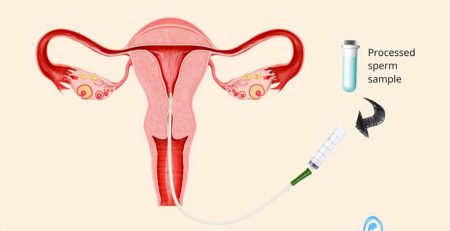Managing PCOS with diet
Polycystic Ovary Syndrome (PCOS) is often associated to obesity as it is prevalent in PCOS women. Glucose, a trigger, is capable of inducing oxidative stress, thereby stimulating an inflammatory response [1]. With dietary control, we can maintain a healthy weight and manage insulin levels better. There is no standard or perfect diet for PCOS. However, following two diets may help manage PCOS symptoms.

- Low Glycemic Index (GI) Diet
Low GI diet involves replacing high GI foods with low GI food or alternatives. A low GI diet can help you control your weight by reducing the sudden spikes in sugar levels in blood. Hence, it does not cause insulin levels to rise as quickly compared to foods with high GI.

- Anti-Inflammatory Diet
According to research studies, women with PCOS tend to have higher inflammation levels. An anti-inflammatory diet can potentially reduce inflammation and may improve PCOS symptoms. Anti-inflammatory foods include berries, fatty fish and healthy oils such as avocado, coconut and olive oil.
Reference:
[1] Salama, A. A., Amine, E. K., Salem, H. A. E., & Abd El Fattah, N. K. (2015). Anti-inflammatory dietary combo in overweight and obese women with polycystic ovary syndrome. North American Journal of Medical Sciences, 7(7), 310. https://doi.org/10.4103/1947-2714.161246












